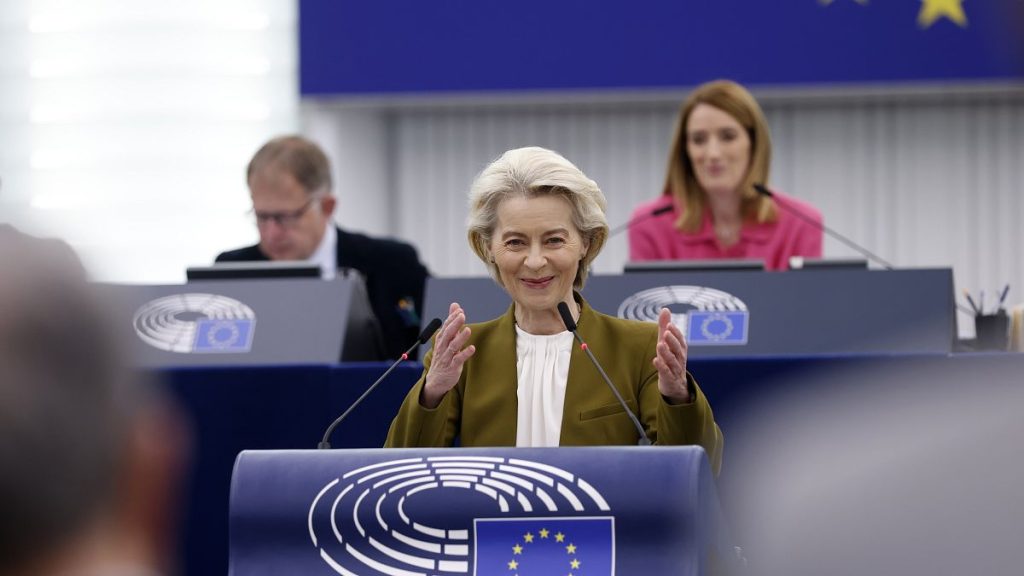The European Union marked the 20th anniversary of its largest enlargement round in 2004, known as the “Big Bang,” which saw ten states join the bloc, seven of which were from beyond the former Iron Curtain. EU Council President Charles Michel emphasized the importance of enlargement for the future of the EU, highlighting the risks of instability and lack of economic development in the absence of expansion. However, the prospects of countries like Serbia, Georgia, or Ukraine joining the EU any time soon remain uncertain, especially with the lack of focus on enlargement in the ongoing European Parliament election campaign.
Amidst discussions of potential new political alliances following the elections, speculation arose about a coalition between center-right and far-right parties, a previously unheard of combination. Various far-right leaders, including Italy’s Giorgia Meloni, expressed interest in forming alliances with the center-right European People’s Party to influence European policies. However, the growing popularity of nationalist and populist parties in polls raises concerns about a potential right-wing majority in the next European Parliament, which could lead to legislative gridlock.
Despite the appearance of a solid right-wing block, a recent analysis by the European Council on Foreign Relations reveals significant divisions within Europe’s far-right parties. These divisions are particularly evident when it comes to key issues such as support for Ukraine, with some parties advocating for increased backing while others oppose it. Additionally, the focus of nationalist parties has shifted towards reforming Europe from within rather than advocating for EU exit, reflecting changing priorities within the far-right political landscape.
As the European Parliament election approaches, efforts to counter the far-right involve mobilizing the pro-European electorate by emphasizing the importance of the elections and the potential risks associated with far-right parties. While it may be challenging to sway voters entrenched in far-right ideologies, there is an opportunity to encourage critical thinking among those considering supporting nationalist parties. By highlighting the consequences of voting for far-right groups, pro-European parties may be able to engage with voters more effectively and prevent a surge in far-right support.
In other news, the European Song Contest, set to be hosted in Malmö, Sweden, is causing security concerns for Swedish authorities due to potential cyber-attacks, civil unrest, and threats from violent Islamist terrorist organizations. The event is expected to draw major protests against Israel’s participation, further complicating security measures. Despite the challenges, Swedish police are confident in their preparedness for various scenarios during the competition and hope for a smooth and safe event. The Song Contest is one of the most significant events in Europe each year, and authorities are working diligently to ensure its success.












